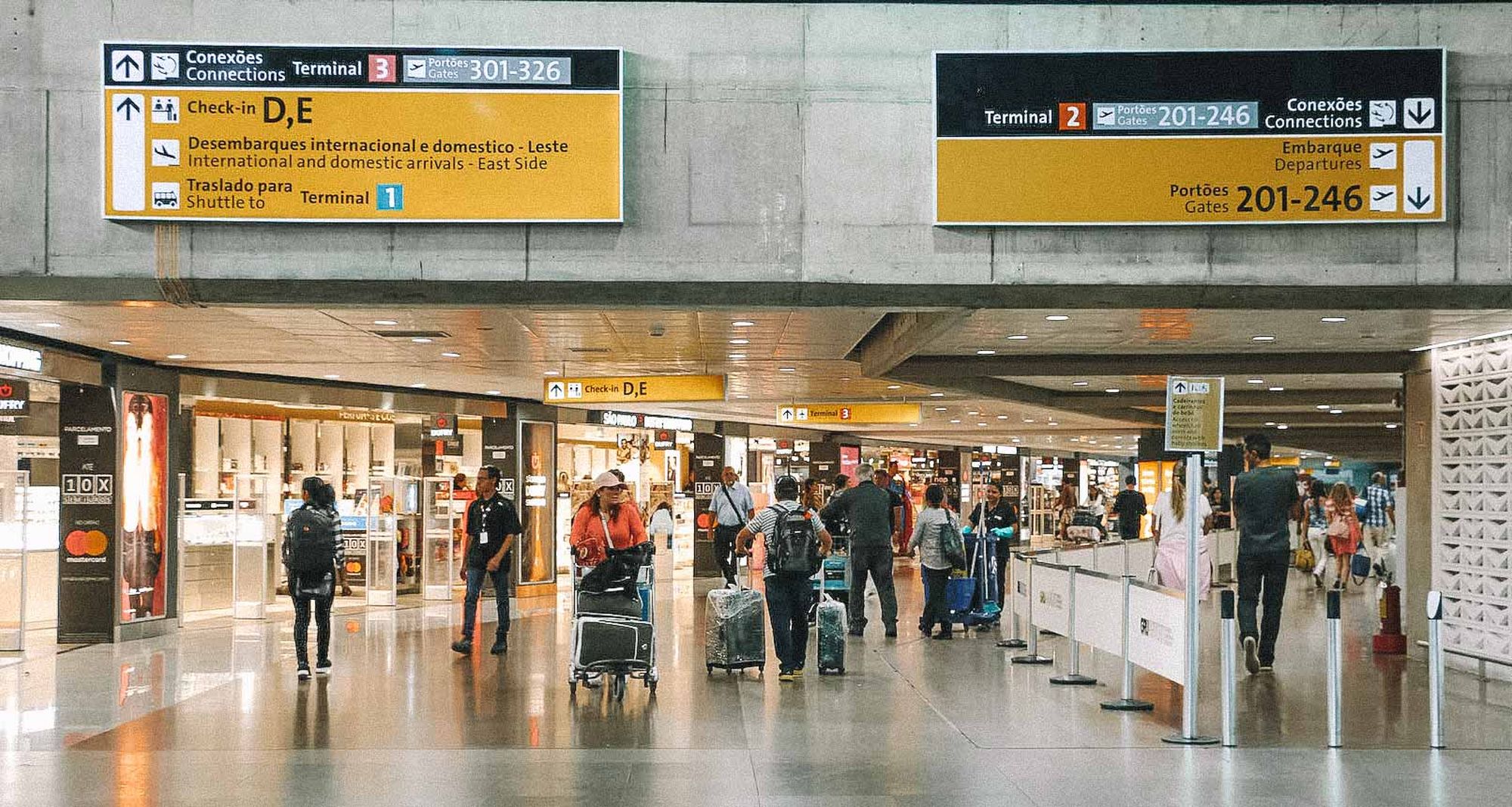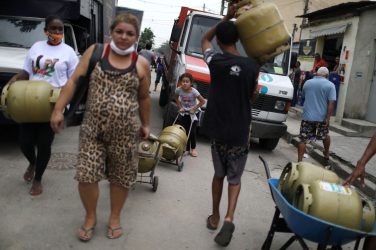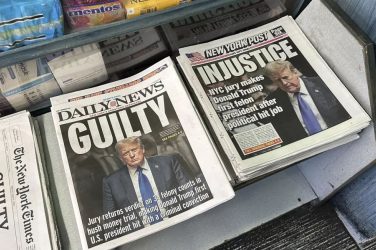The visa requirement for tourists from Australia, Canada, and the United States, planning to visit Brazil, has been postponed until April 10. Originally set to come into effect on January 10, the measure was delayed by a decree signed by President Luiz Inácio Lula da Silva on Thursday (Jan. 4) to allow for the completion of the electronic visa system implementation process and to avoid disruptions during the peak travel season at the start of the year. “The government aims to ensure a smooth transition without adverse effects on the tourism sector,” as stated in a release from the Planalto presidential palace.
“The government aims to ensure a smooth transition without adverse effects on the tourism sector,” as stated in a release from the Planalto presidential palace.
The decision marks a reversal from 2019 when former President Jair Bolsonaro removed tourist visa requirements for citizens of these three countries, as well as Japan, without demanding reciprocal treatment for Brazilian tourists visiting the US, Australia, and Canada.
In September of last year, visas were waived for Brazilians traveling to Japan, following an agreement signed between President Lula and Japan’s Prime Minister, Fumio Kishida, during the G7 Summit held in the Japanese city of Hiroshima in the first half of 2023.
The reintroduction of the visa requirement aligns with Brazil’s historical diplomatic principle of reciprocity.
In the first five months of 2023, Brazil welcomed 2.97 million international tourists, marking a significant increase of 108 percent compared to the same period last year. According to the Ministry of Tourism, May stood out as a particularly successful month, with over 292.3 thousand visitors, representing a 44.5 percent surge compared to May 2022.
Among the top countries of origin for international tourists, Argentina took the lead with 1.24 million visitors, followed by the United States with 271.1 thousand, and Paraguay with 215.5 thousand. Combined, these three countries accounted for nearly half of all foreigners who visited Brazil.
The most popular destinations within Brazil included the states of Paraná, Rio de Janeiro, Rio Grande do Sul, Santa Catarina, and São Paulo.
Minister of Tourism, Daniela Carneiro, attributed the impressive figures to recent political changes within the country. “We have achieved record numbers in international visitor arrivals, thanks to various government initiatives, including Brazil’s enhanced global engagement and our country’s renewed image focusing on sustainability and environmental preservation. This has established Brazil as a promising destination, offering a unique and unforgettable experience for visitors from around the world,” Carneiro stated.
The economic impact of tourism also demonstrated growth. Foreign tourists spent a total of US$ 2.721 billion during the first five months, marking a 35.9 percent increase compared to the same period last year.
In May alone, tourists spent US$ 567 million, setting a record for the month in the historical data series. Last year, tourist expenditure in May amounted to US$ 373 million.
ABr














